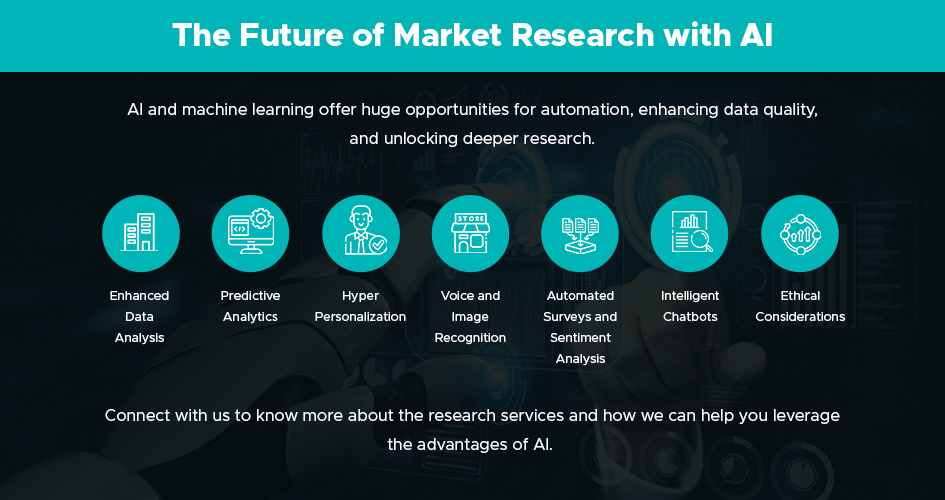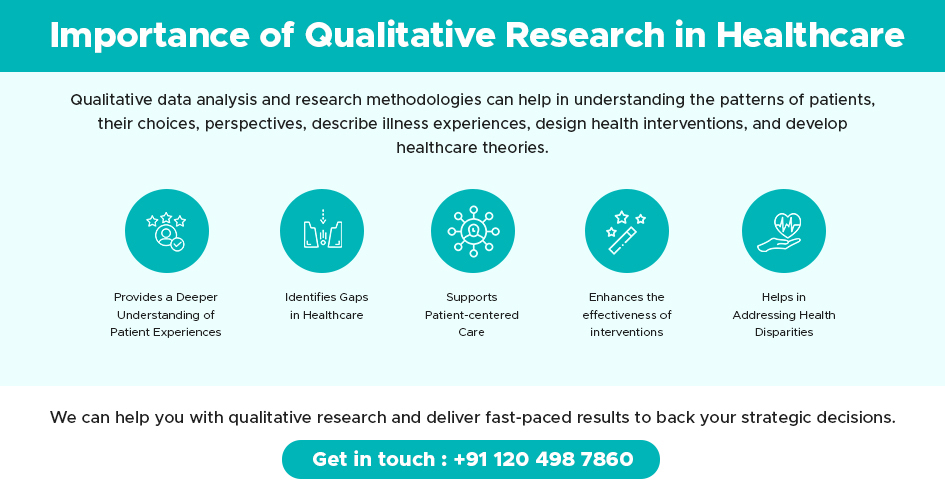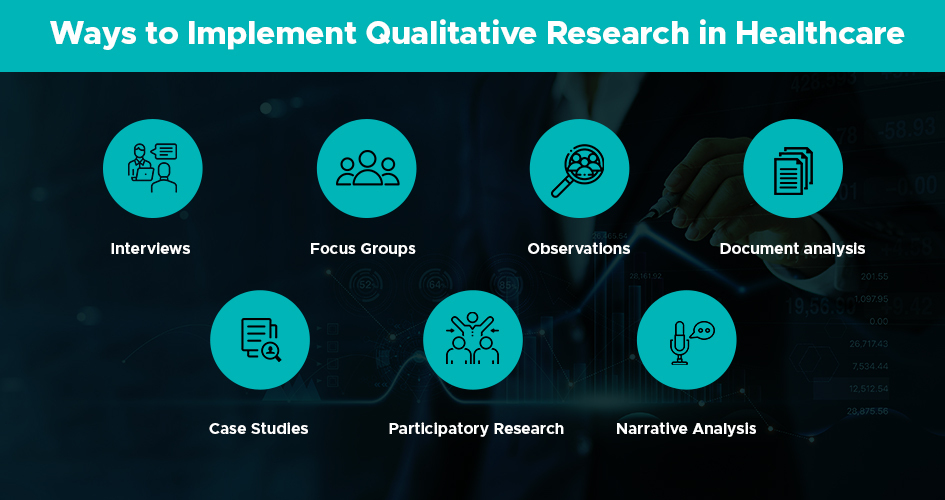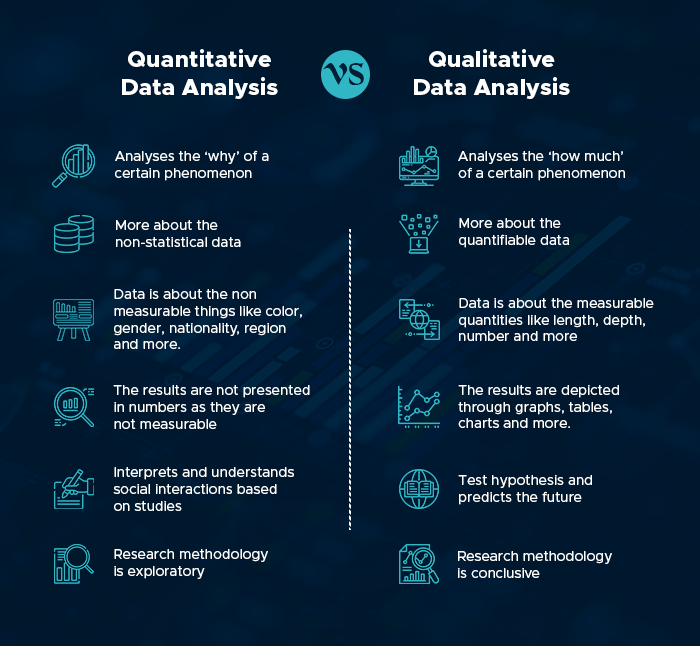When the business relies heavily on their customer, the business owners need to be proactive in understanding your market and customers. This is where the concept of a market survey comes into play. A market survey is an essential tool used by businesses to collect valuable information about various aspects of the market, such as customer needs, preferences, and market trends.
Market surveys provide a clear picture of what customers want, their purchasing habits, and the factors influencing their buying decisions. This information, in turn, helps businesses to develop strategies that align with customer needs and preferences. By conducting a market survey, you can gain a competitive edge, boost customer satisfaction, and enhance your business performance.
So, you may ask, “What is a market survey and why is it important for my business?” This article will guide you through the concept of a market survey, its importance, and its key elements. It will also shed light on the role of big market research companies and how to choose the right one in India.
What is Market Research and Why Does it Matter?
Market research is a systematic process of gathering, analyzing, and interpreting information about your market, customers, competitors, and other factors that influence your business. It is a critical tool that helps businesses make informed decisions and stay ahead in the competition.
The importance of market research cannot be overstated. It provides you with valuable insights into the latest market trends, customer behavior, and competitive landscape. These insights, in turn, enable you to identify opportunities for growth, develop effective marketing strategies, and improve your products or services based on customer feedback.
Moreover, market research helps you understand your customers’ preferences and expectations better. This understanding allows you to tailor your products or services to meet your customers’ needs, thereby enhancing customer satisfaction and loyalty. Thus, market research plays a crucial role in your business success.
Understanding Market Research Objectives
Understanding market research objectives is vital for the successful execution of any market survey. These objectives guide the entire research process, helping you focus on the key areas that need investigation.
The primary market research objectives include identifying potential customers, understanding their needs and preferences, evaluating market trends, analyzing competition, and assessing the effectiveness of your marketing strategies. By defining clear, specific, and measurable objectives, you can ensure that your market research delivers valuable insights that contribute to your business growth.
Remember, a well-defined market research objective is the first step towards a successful market survey. It provides a clear direction for your research, ensuring that every step you take contributes to your business objectives.
Types of Market Surveys
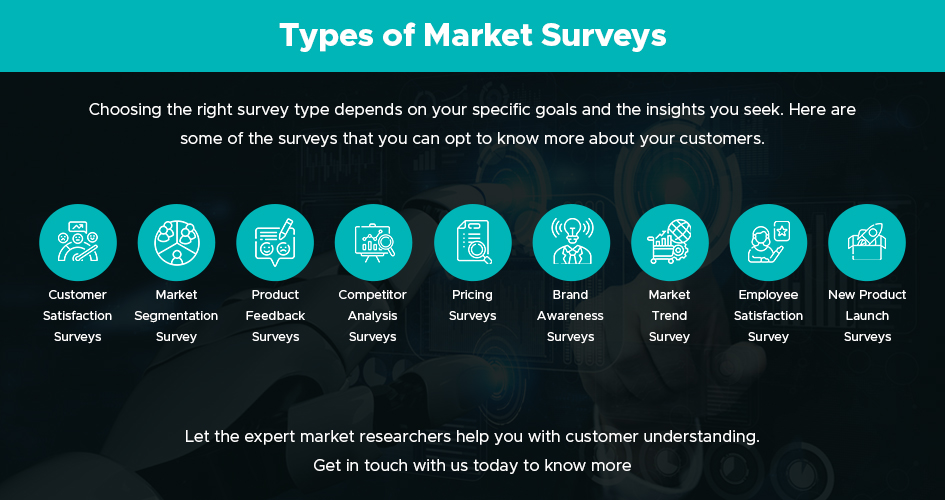
Aims of Marketing Research
The aims of marketing research go beyond just gathering data. They are about understanding the market dynamics, customer behavior, and competitive landscape to make informed business decisions. Here are some of the main aims of marketing research:
- Identifying Opportunities and Threats: Through market research, you can identify new business opportunities and potential threats in your market.
- Understanding Customer Needs: It helps you understand your customers’ needs and preferences, enabling you to tailor your products or services accordingly.
- Evaluating Market Trends: Market research allows you to keep track of the latest market research trends and stay ahead of the competition.
- Assessing Marketing Performance: It helps you assess the effectiveness of your marketing strategies and make necessary improvements.
By achieving these aims, you can enhance your business performance, increase customer satisfaction, and gain a competitive edge.
7 Key Elements of Effective Market Research
Effective market research is essential for businesses to make informed decisions, understand their target audience, and stay competitive in today’s dynamic marketplace. Here are seven key elements that constitute effective market research:
Clear Objectives
Begin by defining clear research objectives. What specific information are you seeking to gather? Having well-defined goals will guide the entire research process and ensure that you collect relevant data.
Research Design
Choose the appropriate research design based on your objectives. Common methods include surveys, interviews, focus groups, and observational studies. Each method has its strengths and weaknesses, so select the one that best suits your research goals.
Data Collection
Collect data from a representative sample of your target audience. Ensure that your sample size is statistically significant to draw meaningful conclusions. Data can be collected through various means, such as online surveys, phone interviews, or in-person observations.
Quality Data
Ensure the data you collect is accurate and reliable. Use standardized questions and validated instruments when conducting surveys or interviews. Minimize bias and errors in data collection to maintain data quality.
Data Analysis
Once you have gathered the data, analyze it systematically. Employ statistical tools and software to identify patterns, correlations, and trends in the data. The goal is to extract actionable insights from the raw information.
Competitive Analysis
Study your competitors within the market. Analyze their strengths, weaknesses, strategies, and market positioning. This helps you identify opportunities and threats and refine your own business strategies accordingly.
Actionable Insights
The ultimate goal of market research is to derive actionable insights. Interpret the research findings and use them to make informed decisions. These insights can guide product development, marketing strategies, pricing, and other aspects of your business.
Role of Big Market Research Companies
Big market research companies play a crucial role in providing businesses with valuable market insights. They have the expertise and resources to conduct extensive market research and deliver accurate results. These companies use advanced research methodologies and tools to gather data, analyze it effectively, and provide actionable insights.
Partnering with a big market research company can be beneficial for your business in several ways. These companies can help you save time and resources, provide expert guidance, and deliver reliable and accurate results. Moreover, they can help you understand complex market dynamics, identify opportunities for growth, and develop effective strategies to achieve your business goals.
Partner with the Right Market Research Company in India
In conclusion, a market survey is an essential tool for understanding your market and customers. It helps you make informed business decisions, identify opportunities for growth, and stay ahead in the competition. Therefore, partnering with the right market research company can provide you with valuable market insights and expert guidance, contributing to your business growth.
Insights Opinion as a renowned market research company in India specializes in providing research outsourcing and expert data processing services to prominent research and consulting firms. Our standout feature is our exceptionally skilled team of global market research experts, many of whom are fluent in multiple languages. Our commitment and passion for executing tasks flawlessly have been pivotal in driving our substantial growth across 100 countries worldwide. Our tailored services have garnered us the trust and high regard of our clients.
